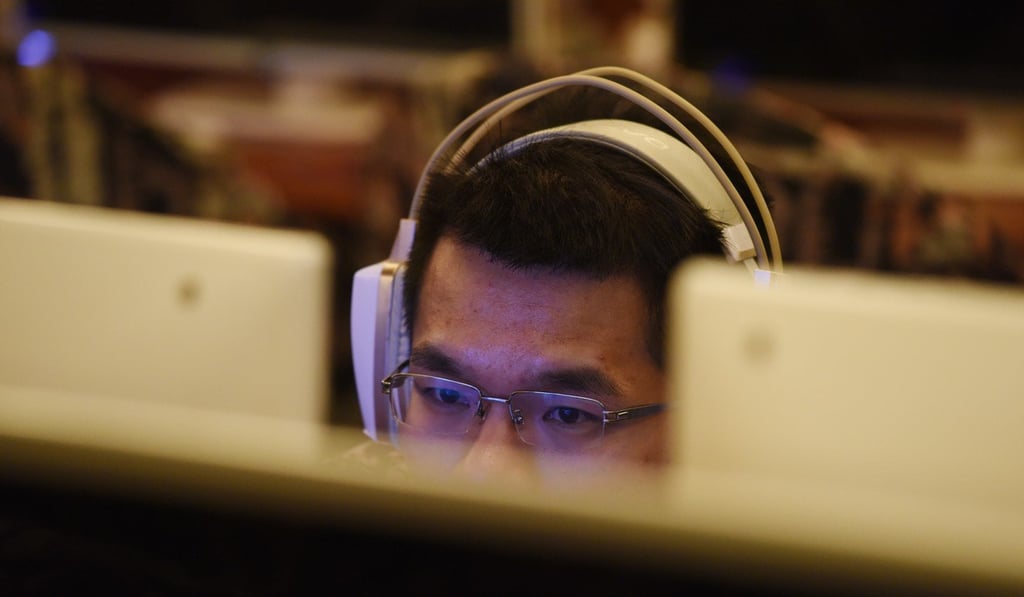China to face ‘pain’ in meeting US trade war demand on cybertheft, but will Beijing yield?
- A key part of the tension between the two nations revolves around American allegations of widespread Chinese cyber intrusion and cybertheft
- Last year, the US Department of Justice charged Zhu Hua and Zhang Shilong with conspiracy to commit computer intrusion, wire fraud and aggravated identity theft

US President Donald Trump has delayed the application of additional tariffs on Chinese imports citing “substantial progress” in addressing the US demands for structural reform in the Chinese economy. This is the third article in a five-part series looking into these demands, which are the conditions for ending the trade war.
1. What is the US demanding of China?
A key part of the tension between the United States and China revolves around American allegations of widespread Chinese cyber intrusion and cybertheft.
In March 2018, the Office of the United States Trade Representative (USTR) issued a Section 301 report accusing China of using cybertheft and cyber intrusions into the commercial networks of US companies to steal trade secrets that serve its strategic economic objectives.

This developed on the long-standing complaints of successive US administrations, as well as other US allies; one year earlier, China had implemented its controversial cybersecurity law, which demands security checks of technology products supplied to the Chinese government, and requires foreign companies to store their data within China.
That triggered widespread concern about foreign firms’ data security.